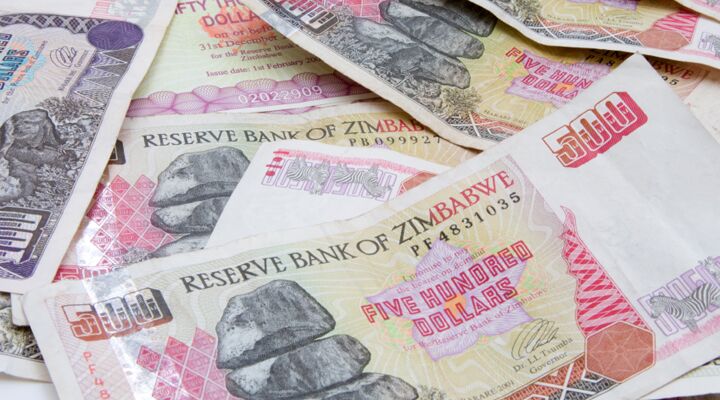
Cash-Strapped Zimbabwe Down to $217
Zimbabwe is down to its last $217. After paying civil servant salaries last week, the cash-strapped government has barely enough to buy a used iPad.
Finance Minister Tendai Biti told reporters on Tuesday that the government’s finances were in a “paralysis state” and that the state was failing to meet its targets. “Last week when we paid civil servants, there was $217 [left] in government coffers,” he said.
The Zimbabwean economy took a nose-dive in 2000 when President Robert Mugabe embarked on his controversial “land grab” in which thousands of white-owned farms were seized by the government and its black supporters. The predominantly agriculture-based economy of the nation then collapsed, exacerbated by eroded investor confidence, and international sanctions. Almost a decade of relentless money-printing and almost unfathomable hyperinflation ensued until the currency collapsed and rival political parties were compelled to coalesce into a power-sharing government in 2009.
With Zimbabwe in such a financial mess again, the government has no choice but to approach “the international community,” said Tendai Biti.
For Zimbabwe, “international community” means China.
In spite of its financial woes, Zimbabwe is rich in mineral resources such as diamonds, platinum and other rare metals—just the commodities that resource-hungry China is happy to snap up. Watch for China’s continued exploitation of Africa’s resources in exchange for financial and political support.
Bible prophecy indicates a global resource war is coming among the world’s major powers. For more detail, read our article “The Battleground” and our free booklet Russia and China in Prophecy.
